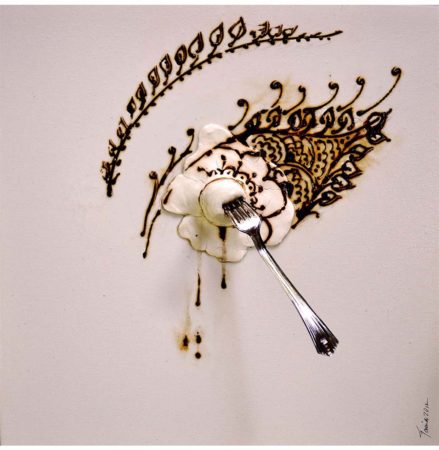I am not a scholar or a policymaker. I’m a mother—a role that has taught me more about the needs of society than any classroom or boardroom could. Raising children without the proverbial village has forced me to examine the systems we once trusted to raise, protect, and guide young minds. And what I see now is a terrifying erosion of those structures. The state, the schools, the community, even the family—each has been hollowed out, leaving behind symbols that no longer function.
Recent tragedies have brought this crisis into stark relief. Elias Rodriguez, who fatally shot a young couple outside the Capital Jewish Museum, claimed his act was a plea against the suffering of Palestinians. His violence was not part of an organized rebellion; it was a symbolic performance—a desperate grasp for meaning in a world that no longer offers clear coordinates for justice, leadership, or purpose.
A few weeks before, Luigi Nicholas Mangione assassinated UnitedHealthcare CEO Brian Thompson. This too was framed not as madness, but as a hyper-rational protest—an attempt to strike at the broken healthcare system by targeting a figure who symbolized its indifference. Like Rodriguez, Mangione acted from a space of alienation, seeking to make sense of a system that no longer behaves sensibly.
And then there was Thomas Crook, whose failed assassination attempt and subsequent suicide were driven, we are told, by a desire to “restore national honor.” But which nation? Which honor? His act wasn’t martyrdom—it was collapse. A tragic end in a world where patriotism has been packaged into memes, and fathers into brands.

Symbol as Opposed to Substance
These young men were not simply “evil” or “crazy.” They were, in a disturbing way, rational—rational within the logic of a society that has lost the ability to distinguish symbol from substance. They were responding, however destructively, to systems that no longer respond to us. They were not inventors of horror, but products of it.
The philosopher Jean Baudrillard once wrote that when power begins to simulate itself, it becomes obscene. It becomes laughable not because it is weak, but because it is bloated—redundant, performative, self-replicating. In our time, power has ceased to act. It merely gestures. The state heals by algorithm. Healthcare executives manage “patient experience” rather than care. Patriotic rhetoric is streamed like entertainment. The result is a grotesque parody of governance and morality.
Even empathy, the one virtue we are told to hold onto, has been caught in the machinery. Without an outlet for real change, empathy curdles into rage. The line between compassion and violence grows thinner in a society that has replaced community with content and care with crisis management. As a mother, I’ve experienced this on the micro-level—navigating power-hungry PTA hierarchies or confronting playground bullies without backup. But on the macro-level, the consequences are fatal.
Structural and Symbolic Collapse
The collapse is not only structural; it’s symbolic. Consider Bill Belichick, a paternal archetype of discipline and mentorship, now making headlines for his relationship with a 24-year-old social media personality dubbed a “mermaid.” This isn’t merely gossip—it’s a cultural distortion. The wise father becomes a meme. Authority becomes parody. Children looking for guidance see only caricatures.
This is why, on Father’s Day, we hug the rare men who still guide, nurture, and protect—the true papa bears—with urgency. Not out of sentimentality, but out of necessity. Because they are vanishing. The symbolic father—the provider, the moral compass, the leader—has been consumed by the machinery of simulation. What remains are fragmented imitations: the CEO-father, the soldier-father, the influencer-father. They are masks without substance.
We must ask, urgently: Can we reimagine fatherhood—indeed, leadership itself—outside of this hyperreal regime? Can we create new social models that connect people through real accountability and emotional resonance, not just digital performance? Or will every act of reform be absorbed, commodified, and turned into another sign that signifies nothing?
These are not abstract questions. They are personal. They shape the world our children are inheriting. And unless we address the vacuum where real leadership and real care once lived, we will continue to mistake collapse for meaning—and tragedy for protest.
Courtesy: ChatGPT




